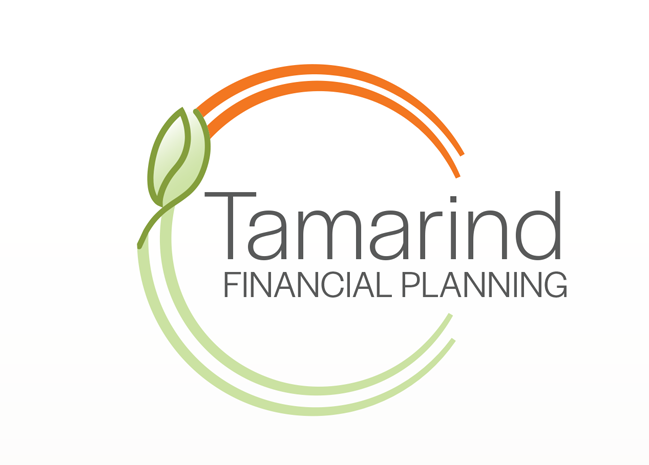In The Thinker’s Way, author John Chaffee describes the word value as “the general term we use to characterize anything that possesses intrinsic worth, that we prize, esteem, and regard highly based on clearly defined standards.”
Chaffe further explains, “you may value your devoted pet, your favorite jacket, and a cherished friendship, each based on different standards that establish and define their worth to you.” In other words, we can think of our values in terms of what we treasure in life.
Values can also be thought of as specific attributes or guiding principles that we highly revere such as “integrity,” “loyalty,” and “generosity.” Values are also the personal motivators that consciously and unconsciously influence how we behave, the decisions we make, and the degree of happiness we experience. These values vary from person to person, but include such intangibles as recognition, challenge, prestige, harmony, security, freedom, community, and creativity.
Once you have clarified your own set of values, the next step is to define your priorities. In a nutshell, your values are what you identify as being most important to you and your priorities are those same values placed in a ranking of importance.
In Smart Talk for Achieving Your Potential, Lou Tice states that each person who chooses to be centered and strong needs to identify their own hierarchy of values: “Sort out for yourself what the essentials are, why you are on earth, what is important to you, and what your life is worth.” He also recommends using affirmations and setting goals “to bring more of those things that are important to you abundantly into your life.”
Therefore, think of your values and priorities as an internal compass that guides your choices in life. When your decisions and behavior are aligned with your values and priorities, you will experience far greater life satisfaction.
Reprinted by permission of Money Quotient, Inc.

